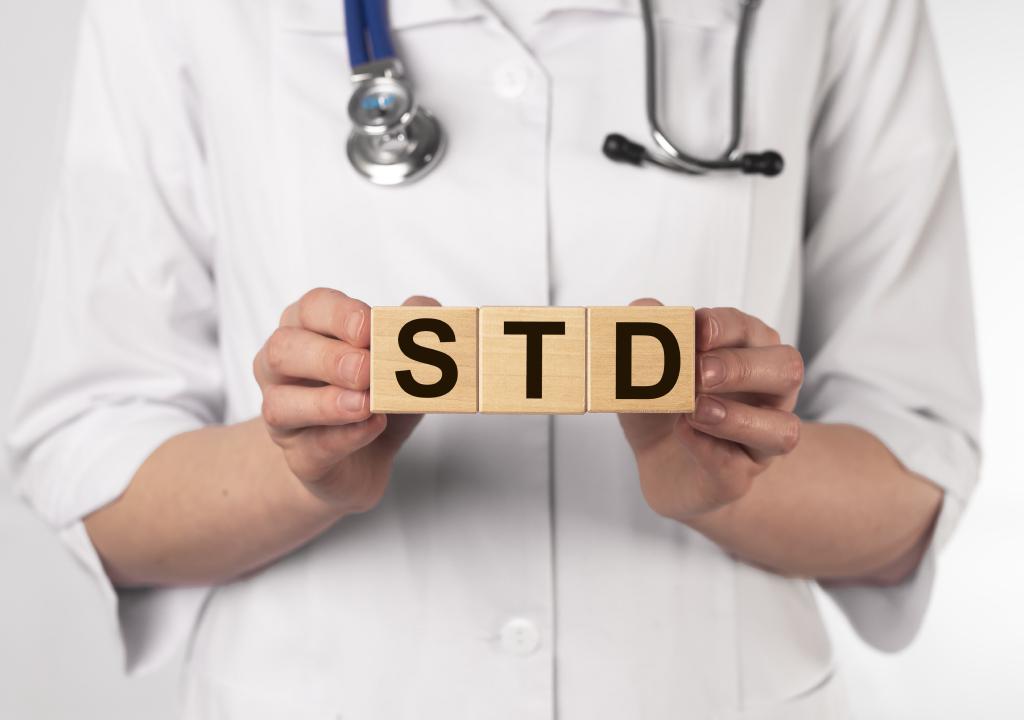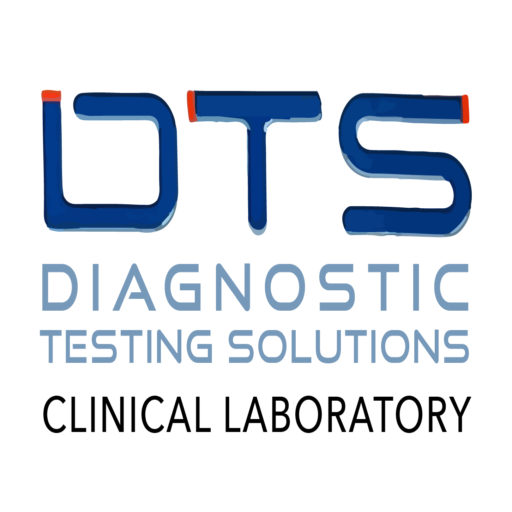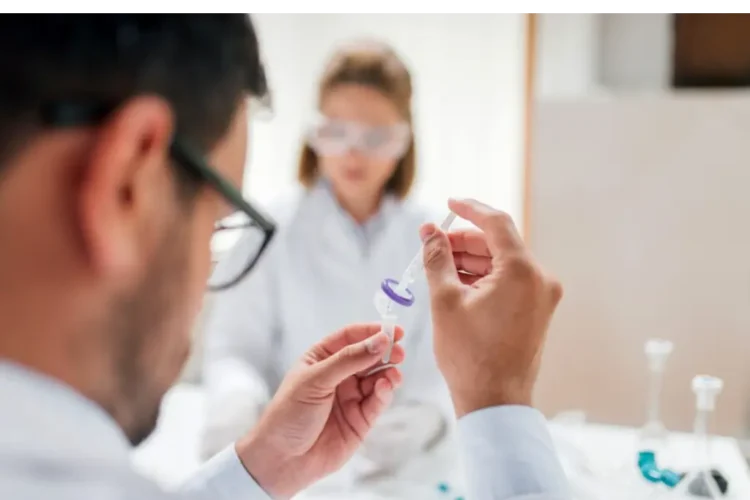
Sexually transmitted diseases (STDs), also known as sexually transmitted infections (STIs), are infections that are primarily spread through sexual contact. These diseases can affect anyone sexually active, regardless of age, gender, or sexual orientation. In the United States, STD testing plays a critical role in addressing this significant public health concern, with millions of new cases reported each year.
Awareness and understanding of STDs are crucial because they often present with subtle symptoms or none at all. Early detection through regular testing is key to managing these infections and preventing their spread. This article will explore common STD symptoms when to get tested, and why testing is so important.
Overview of Common STDs
STDs can be categorized into three main types: bacterial, viral, and parasitic. Understanding the nature of these infections helps in recognizing symptoms and seeking appropriate testing.
- Bacterial STDs include infections like chlamydia, gonorrhea, and syphilis. These infections are often curable with antibiotics if detected early.
- Viral STDs, such as human papillomavirus (HPV), herpes simplex virus (HSV), HIV/AIDS, and hepatitis, are typically lifelong conditions. However, treatments are available to manage symptoms and reduce the risk of transmission.
- Parasitic STDs include trichomoniasis, which is caused by a parasite and can be treated effectively with medication.
Symptoms of Common STDs
Understanding the symptoms of common STDs is essential for recognizing potential infections early. However, it’s important to note that many STDs can be asymptomatic, meaning they don’t show symptoms but can still cause serious health issues.
Chlamydia
Regular testing for STDs is important because:
- Early Detection: Many STDs don’t show symptoms immediately, but early detection through testing can prevent complications and the spread of infection.
- Prevention of Transmission: Knowing your STD status allows you to take steps to prevent spreading the infection to others.
- Health and Well-being: Treating STDs early can prevent serious health issues, such as infertility, organ damage, and an increased risk of HIV.
- Peace of Mind: Regular testing gives you confidence in your sexual health, reducing anxiety and uncertainty.
Specific STD Tests Available at Our Lab
Your lab offers a range of STD tests designed to detect various infections. Below, we’ll detail each test, explaining how it’s performed and what it detects.
HIV Testing
HIV (Human Immunodeficiency Virus) is a virus that attacks the immune system and can lead to AIDS if left untreated. Early detection is critical for managing the virus effectively. At our lab, we offer:
- HIV Antibody/Antigen Tests: These tests detect antibodies produced by the body in response to HIV and antigens, which are proteins produced by the virus. The antigen/antibody combination test is highly accurate and can detect HIV infection earlier than antibody-only tests.
- HIV RNA Test: This test detects the virus’s genetic material and can identify HIV as soon as ten days after exposure, making it one of the earliest detection methods available.
HIV testing is crucial for anyone sexually active, especially those with multiple partners or who engage in unprotected sex.
HSV (Herpes Simplex Virus) Testing
HIV, the virus that causes AIDS, often presents with flu-like symptoms in its early stages, such as fever, sore throat, and fatigue. As the virus progresses, it weakens the immune system, making the body vulnerable to opportunistic infections and certain cancers.
Chlamydia
Chlamydia is one of the most common STDs in the United States. Symptoms often include abnormal genital discharge and a burning sensation during urination. If left untreated, chlamydia can lead to serious reproductive health issues, including infertility.
Gonorrhea
Gonorrhea presents similar symptoms to chlamydia, such as painful urination and unusual discharge. In some cases, it can cause rectal pain or bleeding and, in women, pelvic inflammatory disease (PID), which can lead to infertility.
Human Papillomavirus (HPV)
HPV is the most common sexually transmitted infection. While many strains of HPV are harmless and resolve on their own, others can cause genital warts or lead to cancers such as cervical, throat, or anal cancer. Most people with HPV are asymptomatic, making regular screening vital.
Herpes Simplex Virus (HSV)
Herpes is characterized by painful blisters or sores on the genital area or mouth. These sores can recur, especially during times of stress or illness. Despite its chronic nature, antiviral treatments can manage outbreaks and reduce transmission risks.
HIV/AIDS
HIV, the virus that causes AIDS, often presents with flu-like symptoms in its early stages, such as fever, sore throat, and fatigue. As the virus progresses, it weakens the immune system, making the body vulnerable to opportunistic infections and certain cancers.
Syphilis
Syphilis progresses through stages, each with different symptoms. The first stage usually involves a painless sore at the site of infection. If untreated, syphilis can progress to more severe stages, affecting the heart, brain, and other organs.
Trichomoniasis
This parasitic infection often causes itching, burning, redness, or soreness of the genitals, discomfort during urination, and unusual discharge. However, many infected individuals, particularly men, may not show any symptoms.
Herpes testing is important for individuals who have had unprotected sex, have symptoms, or have a partner with herpes.
Asymptomatic STDs: The Hidden Risks
Many STDs do not present obvious symptoms, making them particularly dangerous because they can be unknowingly transmitted to others. Chlamydia, gonorrhea, HPV, and even HIV can be asymptomatic in the early stages. Without symptoms to prompt testing, these infections can lead to severe health complications if left untreated. Regular testing is the only way to detect asymptomatic infections and prevent their spread.
When to Get Tested for STDs
Testing is a crucial part of maintaining sexual health. Here are some guidelines on when to consider getting tested:
High-Risk Groups
Individuals who have multiple sexual partners, engage in unprotected sex, or have a partner with an STD are at higher risk and should be tested more frequently.
Routine Testing Guidelines
The Centers for Disease Control and Prevention (CDC) recommends that sexually active individuals, particularly those under 25, get tested for chlamydia and gonorrhea annually. Other groups, including men who have sex with men (MSM), may require more frequent testing.
Post-Exposure Testing
If you’ve had unprotected sex or suspect exposure to an STD, it’s crucial to get tested as soon as possible. However, some STDs may not show up immediately on tests so that follow-up testing may be necessary.
Pregnancy and STD Testing
Pregnant women should be tested for STDs early in their pregnancy. Untreated STDs can lead to serious complications for both the mother and the baby, including miscarriage, preterm birth, and transmission of the infection to the newborn.rs:
Understanding the Testing Process
STD testing is typically straightforward and can involve a variety of methods depending on the infection:
Types of Tests
There are different types of STD tests available, each designed for specific infections:
- Blood Tests are used to detect infections like HIV, syphilis, and herpes.
- Urine Tests are commonly used for chlamydia and gonorrhea.
- Swabs may be taken from the genital area, throat, or rectum to test for various STDs.
Home Testing Kits
Home testing kits for STDs are becoming increasingly popular due to their convenience and privacy. These kits allow individuals to collect samples at home and send them to a lab for analysis. However, it’s important to choose kits from reputable sources to ensure accuracy.
Confidentiality and Privacy Concerns
Testing for STDs is confidential. Most clinics and healthcare providers prioritize patient privacy, and results are only shared with the patient unless permission is given to share them with others.
Consequences of Delayed or No Testing
Delaying or avoiding STD testing can have serious consequences, both for the individual and their sexual partners:
Health Risks
Untreated STDs can lead to severe health issues, including chronic pain, infertility, and increased susceptibility to other infections. For example, untreated syphilis can cause neurological and cardiovascular problems, while untreated HIV can progress to AIDS.
Transmission to Others:
Without testing and treatment, STDs can easily be passed on to sexual partners, perpetuating the cycle of infection. It can lead to outbreaks within communities and increase the overall public health burden.
Overcoming the Stigma of STD Testing
The societal stigma around STDs and testing can prevent individuals from seeking the care they need. It’s important to challenge these stigmas and encourage open, honest conversations about sexual health.
Societal Stigma
The fear of judgment or shame often keeps people from getting tested. However, it’s important to recognize that STDs are a common health issue, and testing is a responsible and necessary step for maintaining health.
Encouraging Open Conversations
Open discussions about sexual health, whether with partners, healthcare providers, or within communities, can help reduce the stigma surrounding STDs and testing. Educating people about the importance of regular testing and safe sexual practices is key to reducing infection rates.
Preventive Measures Against STDs
Preventing STDs involves a combination of safe practices, vaccination, and education:
Safe Sex Practices
Using condoms consistently and correctly is one of the most effective ways to prevent the spread of STDs. Regular testing and honest communication with partners about sexual health are also crucial.
Vaccinations
Vaccines are available for certain STDs, such as HPV and hepatitis B. These vaccines are highly effective in preventing infections and are recommended for all individuals, particularly before becoming sexually active.
Education and Awareness
Comprehensive sexual education that covers STD prevention, testing, and treatment is essential. Awareness campaigns and community programs can also help to spread accurate information and reduce misinformation.
Conclusion
Regular testing and early detection are crucial in managing and preventing the spread of STDs. By understanding the symptoms, knowing when to get tested, and being aware of how long STD tests take, individuals can better plan for their health and ease any concerns related to testing. Taking preventive measures and staying informed can help protect both your health and the health of your partners. Don’t let stigma or fear stop you from taking control of your sexual health—get tested regularly and encourage others to do the same.
FAQ’s
What are the first signs of an STD?
Early signs of an STD can vary but may include unusual discharge, pain during urination, sores, or rashes. However, many STDs can be asymptomatic.
How soon after exposure should I get tested?
The timing for testing depends on the STD. Some infections can be detected within a few days, while others may require weeks to show up on tests. It’s important to consult a healthcare provider for specific guidance.
Can I have an STD without symptoms?
Yes, many STDs can be asymptomatic, meaning you can have an infection without showing any symptoms. Regular testing is essential to detect these hidden infections.
What should I do if my test is positive?
If you test positive for an STD, it’s important to seek treatment immediately. Follow your healthcare provider’s instructions and inform your sexual partners so they can also get tested and treated.
How often should sexually active individuals get tested?
The frequency of testing depends on individual risk factors, but generally, sexually active individuals should get tested at least once a year. Those with higher risk factors may need more frequent testing.
Is it possible to get re-infected with the same STD?
Yes, it’s possible to be re-infected with the same STD, especially if you engage in unprotected sex or have a partner who is infected. Continuous preventive measures are essential.






